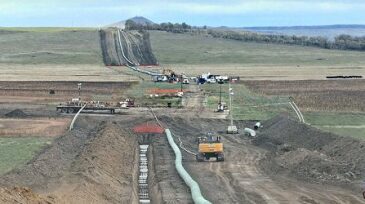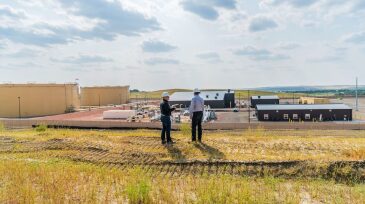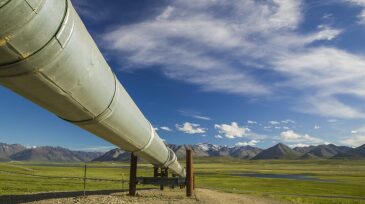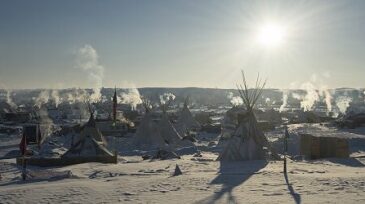Dakota Access Pipeline
-
The US Army Corps of Engineers deferred any decision to shut the line back to the district court.
-
The pipeline continues to operate as courts weigh expedited appeals from the Army Corp of Engineers and Energy Transfer.
-
Energy Transfer pursued the stay and expedited appeal after its emergency request for a stay was denied by the US District Court for the District of Columbia.
-
US Court decisions put two major pipelines on hold and led to the cancellation of another pipeline project within days of each other.
-
The court said it was mindful of the disruption the shutdown will cause but said the seriousness of deficiencies from the US Army Corps of Engineers outweighs the negative effects of shutting down the pipeline.
-
The construction of the Dakota Access Pipeline sparked a broad, clamorous online debate on social media platforms. But was there a communications gap between the opponents and proponents of the pipeline on Twitter?
-
A federal judge ruled on 14 June that the environmental review for the Dakota Access pipeline was, in part, inadequate and must be reconsidered, handing tribal opponents of the 1,170-mile pipeline project a key legal victory.







